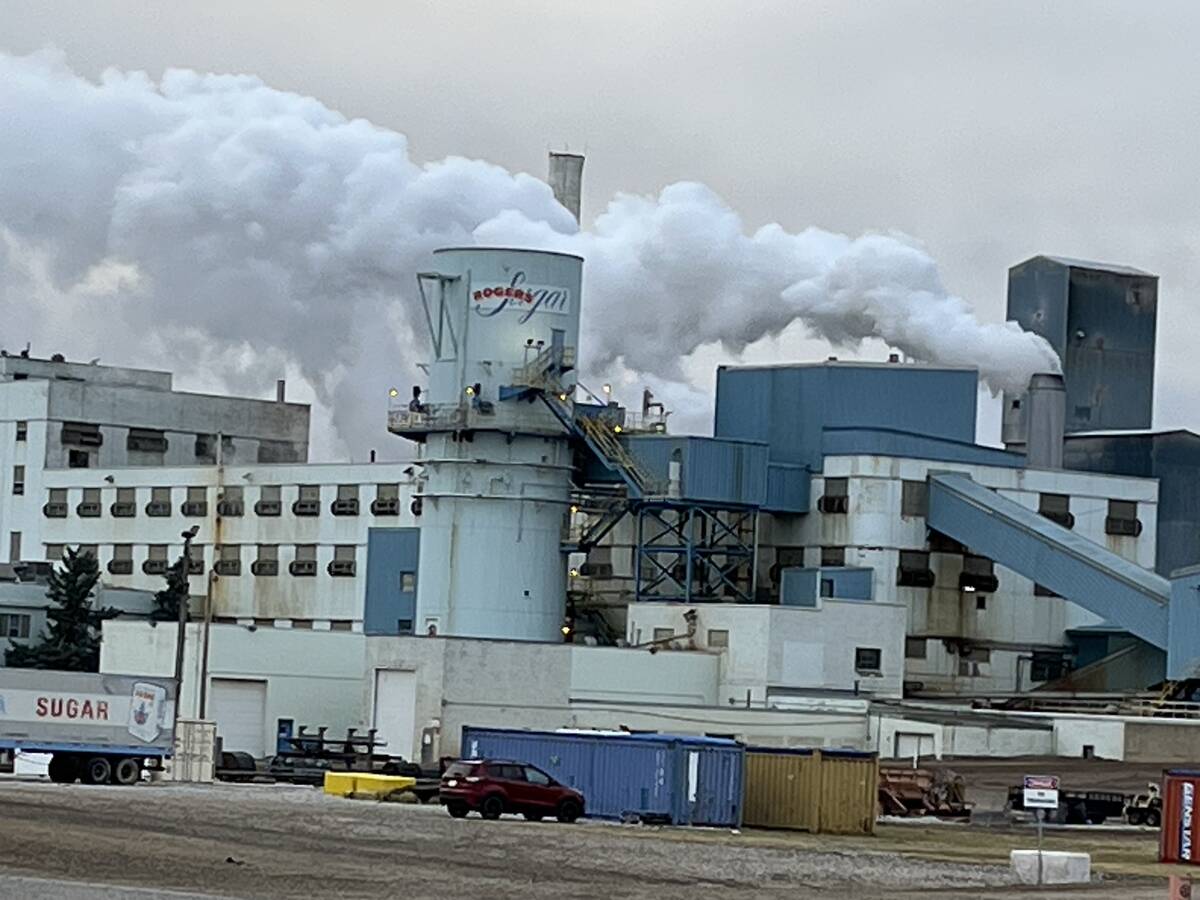Canada’s crop sector is lobbying the federal government to bolster its market access assets in Asia.
It wants an increase in the number of Canadian veterinarians, plant scientists and regulatory experts in that part of the world to help combat the growing tide of non-tariff related barriers to trade.
“Tariffs are not as much of an issue as they were before in some of these markets,” said Jim Everson, president of the Canola Council of Canada.
“Instead, it’s these sanitary and phytosanitary issues.”
Read Also

Sugar beet harvest underway in southern Alberta
Alberta Sugar Beet Growers hosts field tour to educate the public on the intricacies of the crop, its harvest process, and contracts with Lantic Sugar
They tend to be highly technical issues surrounding chemical residue levels, weed seeds or the presence of pests.
The hope is that by building a network of government scientists and regulators in Asia who are in frequent communication with their counterparts, Canada can address market access issues before they arise or resolve them in a more expedient manner.
The council is working with Cereals Canada and Pulse Canada on lobbying Ottawa to invest more on market access resources in Asia.
The federal government has set a target of reaching $75 billion in agriculture and agri-food exports by 2025.
“Asia is a market where that growth is likely to be possible,” said Everson.
Canadian crop organizations are attempting to diversify into new markets like Pakistan, Bangladesh, Vietnam and Thailand where there isn’t much of a “footprint” in terms of Canadian plant scientists and regulatory specialists.
They would like the Canadian Food Inspection Agency to open offices in that region of the world to proactively deal with some of the highly technical, science-based issues that may arise.
It is not like dealing with problems that surface in markets like the European Union or the United States. Asia is a long way away, there is a big time change and there are language and cultural issues that complicate matters.
Everson said there appears to be a good understanding of the request in Ottawa and he hopes to see some sort of proposal put forward by the CFIA soon.
“We would know then and be able to judge whether we think it meets what we’re looking for,” he said.
He applauded the federal government for the other resources it has installed in overseas markets.
“By and large we are really well served by the Trade Commissioner Service and the people in the embassies,” said Everson.
















